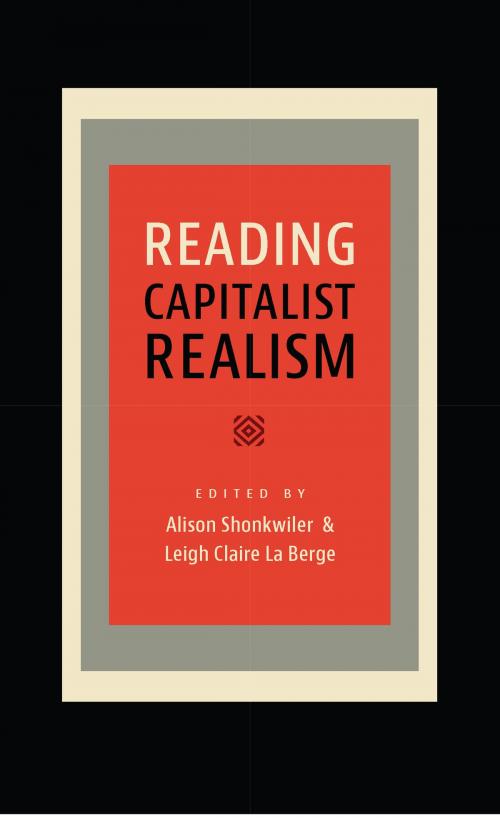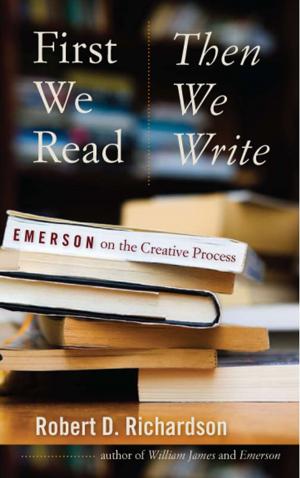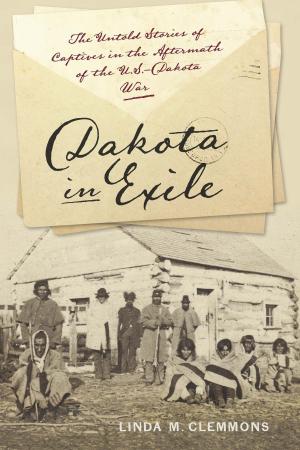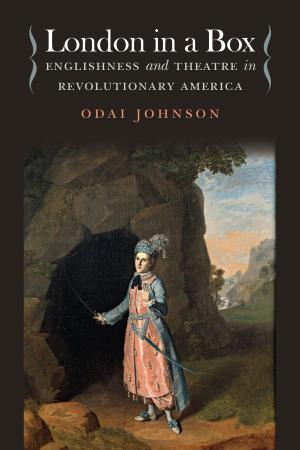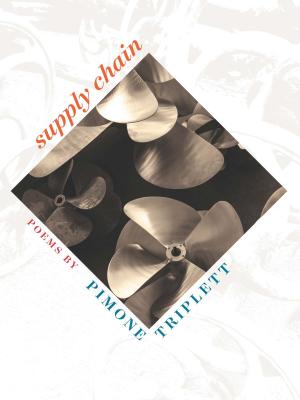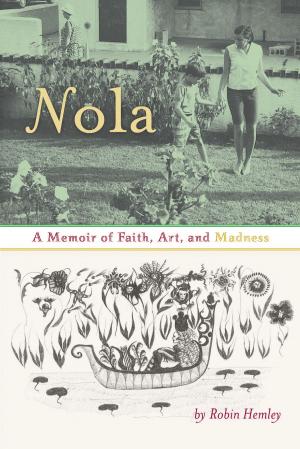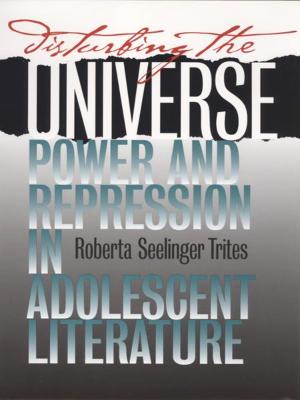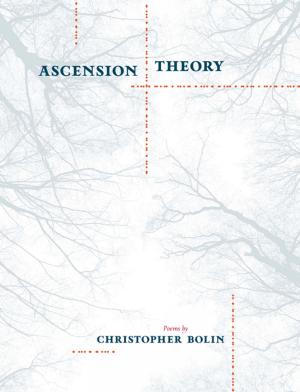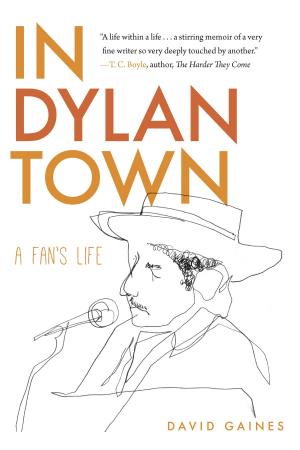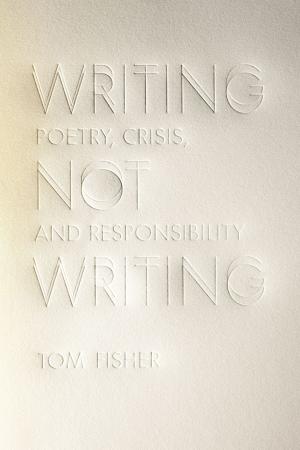| Author: | Leigh Claire La Berge | ISBN: | 9781609382636 |
| Publisher: | University of Iowa Press | Publication: | April 1, 2014 |
| Imprint: | University Of Iowa Press | Language: | English |
| Author: | Leigh Claire La Berge |
| ISBN: | 9781609382636 |
| Publisher: | University of Iowa Press |
| Publication: | April 1, 2014 |
| Imprint: | University Of Iowa Press |
| Language: | English |
As the world has been reshaped since the 1970s by economic globalization, neoliberalism, and financialization, writers and artists have addressed the problem of representing the economy with a new sense of political urgency. Anxieties over who controls capitalism have thus been translated into demands upon literature, art, and mass media to develop strategies of representation that can account for capitalism’s power.
Reading Capitalist Realism presents some of the latest and most sophisticated approaches to the question of the relation between capitalism and narrative form, partly by questioning how the “realism” of austerity, privatization, and wealth protection relate to the realism of narrative and cultural production. Even as critics have sought to locate a new aesthetic mode that might consider and move beyond theorizations of the postmodern, this volume contends that narrative realism demands renewed scrutiny for its ability to represent capitalism’s latest scenes of enclosure and indebtedness.
Ranging across fiction, nonfiction, television, and film, the essays collected here explore to what extent realism is equipped to comprehend and historicize our contemporary economic moment and what might be the influence or complicity of the literary in shaping the global politics of lowered expectations. Including essays on writers such as Mohsin Hamid, Lorrie Moore, Jess Walter, J. M. Coetzee, James Kelman, Ali Smith, Russell Banks, William Vollmann, and William Gibson, as well as examinations of Hollywood film productions and The Wire television series, Reading Capitalist Realism calls attention to a resurgence of realisms across narrative genres and questions realism’s ability to interrogate the crisis-driven logic of political and economic “common sense.”
As the world has been reshaped since the 1970s by economic globalization, neoliberalism, and financialization, writers and artists have addressed the problem of representing the economy with a new sense of political urgency. Anxieties over who controls capitalism have thus been translated into demands upon literature, art, and mass media to develop strategies of representation that can account for capitalism’s power.
Reading Capitalist Realism presents some of the latest and most sophisticated approaches to the question of the relation between capitalism and narrative form, partly by questioning how the “realism” of austerity, privatization, and wealth protection relate to the realism of narrative and cultural production. Even as critics have sought to locate a new aesthetic mode that might consider and move beyond theorizations of the postmodern, this volume contends that narrative realism demands renewed scrutiny for its ability to represent capitalism’s latest scenes of enclosure and indebtedness.
Ranging across fiction, nonfiction, television, and film, the essays collected here explore to what extent realism is equipped to comprehend and historicize our contemporary economic moment and what might be the influence or complicity of the literary in shaping the global politics of lowered expectations. Including essays on writers such as Mohsin Hamid, Lorrie Moore, Jess Walter, J. M. Coetzee, James Kelman, Ali Smith, Russell Banks, William Vollmann, and William Gibson, as well as examinations of Hollywood film productions and The Wire television series, Reading Capitalist Realism calls attention to a resurgence of realisms across narrative genres and questions realism’s ability to interrogate the crisis-driven logic of political and economic “common sense.”
